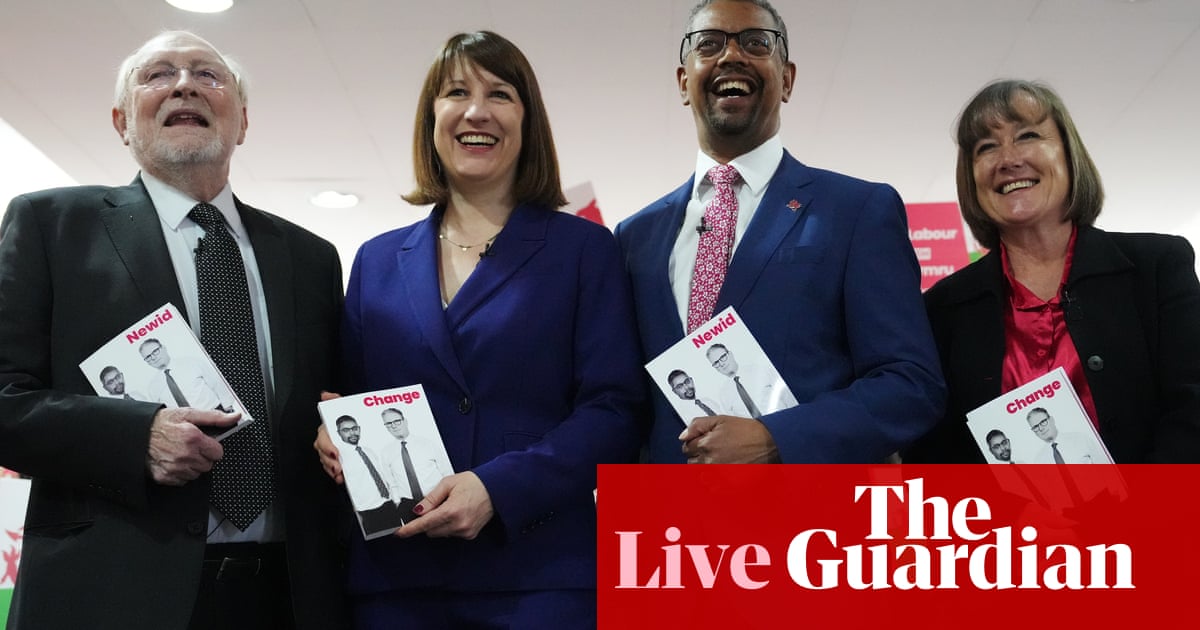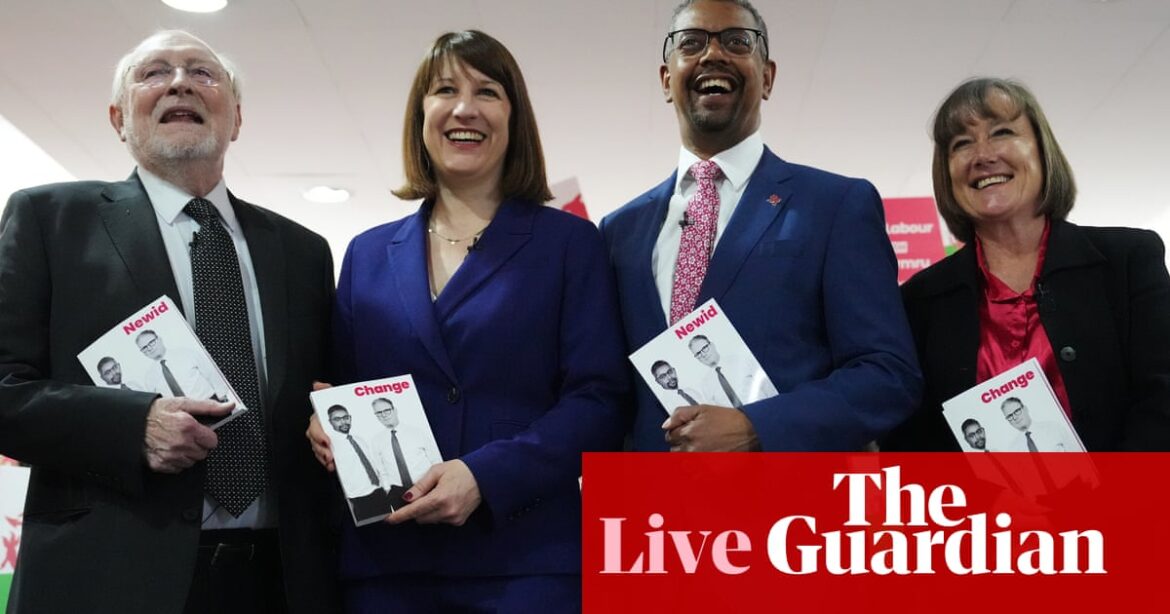
in the party’s manifesto, Robinson seemed unconvinced by Farage’s explanations as to how the party would cut public spending enough to make mass tax cuts. Farage repeatedly pushed the idea that moving the income tax threshold to £20,000 would take the lowest paid out of the tax system and get more people off benefits and into work.
Farage defended the Liz Truss mini-budget, which at the time he called “the best Conservative budget since the 1980s”. He told the BBC interveiwer “There were a lot of things here that were pro-growth and pro-business. Some of the thinking was right, the delivery was wrong, the timing was appalling.”
The Reform leader said it was important to protect the NHS being free at the point of delivery, but failed to explain how a GP appointment is free in the French-style system he is proposing, when in France there is a €25 fee for an appointment. “It gets refunded” he said, while also saying it could be forfeit if the apporintment was missed.
Asked if Reform attracted people with vile views because of his own views, Farage called this “cobblers, absolute cobblers”, quoting Martin Luther King and saying he believed in meritocracy. Asked why he once praised Enoch Powell and criticised Rishi Sunak by saying he “doesn’t understand our culture”, Farage said this simply referred to the prime minister being “too upper-class”.
Reform has blamed a vetting company it employed for failing to check what candidates had said. But Farage appeared to play down the seriousness of many of the comments, saying: “We’ve also had an awful lot of candidates being stitched up in the most extraordinary way with quotes being taken out of context.”
Reform UK says they have no hostility to migrants, but what they care about is “the failure of the UK government control our borders property.”
He says “It’s a domestic failure of our institutions. I don’t think really the political classes has caught up with it.”
David TC Davies of the Conservatives says Labour’s policy on immigration in Wales is “to try and get people more benefits, whether it’s universal basic income, and then try and get them legal aid.”
“Shame on you” someone say. The Welsh secretary says he backs the Rwanda scheme, and also backs leaving the ECHR “if a foreign court stops us from doing something which we as a democratically elected sovereign parliament have voted to do then? Yes, of course I would. I would absolutely leave it.”
It is questionable whether the ECHR is “a foreign court” as it has Tim Eicke KC on it, who was nominated by the British government.
The format of this debate is a bit chaotic if I’m being honest. Chair Bethan Rhys Roberts is going to the audience a lot, who are asking scattergun questions on multiple questions, and then coming back to one or two of the people on the stage who get to cherrypick which bits of which questions they address.
The next question in the Wales debate is whether the debate on immigration is too negative. The audience are asked to put up their hand if they think there is too much immigration into Wales. Nobody appeared to me to put their hands up, but I’m intrigued by what extent peer pressure plays into those kinds of televised situations.
Rhun ap Iorwerth says “I don’t like the tone of the debate on immigration. We know that one party in particular wants to exploit people’s fears and anxieties.”
He doesn’t mention a party by name. Reform UK’s Oliver Lewis interrupts him to say he is being insulting.
For the Liberal Democrats Jane Dodds says: “I’ve worked with refugees over a number of years, both in this country and abroad. And really, they are people just like us. They are people desperately getting trying to get away from war-torn situations. We need safe and legal routes. That’s the first thing. We need a faster asylum process.”
Source: theguardian.com



